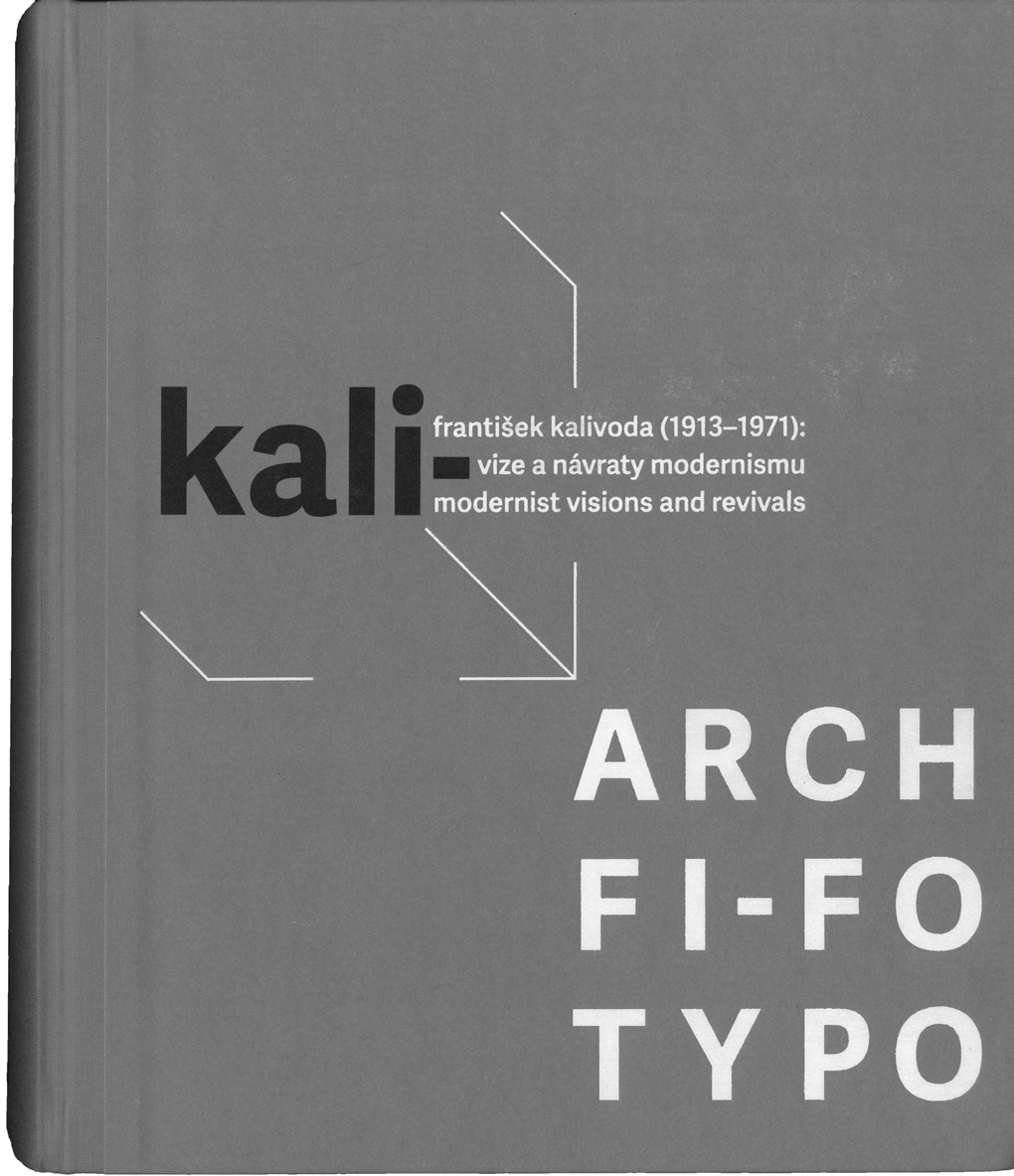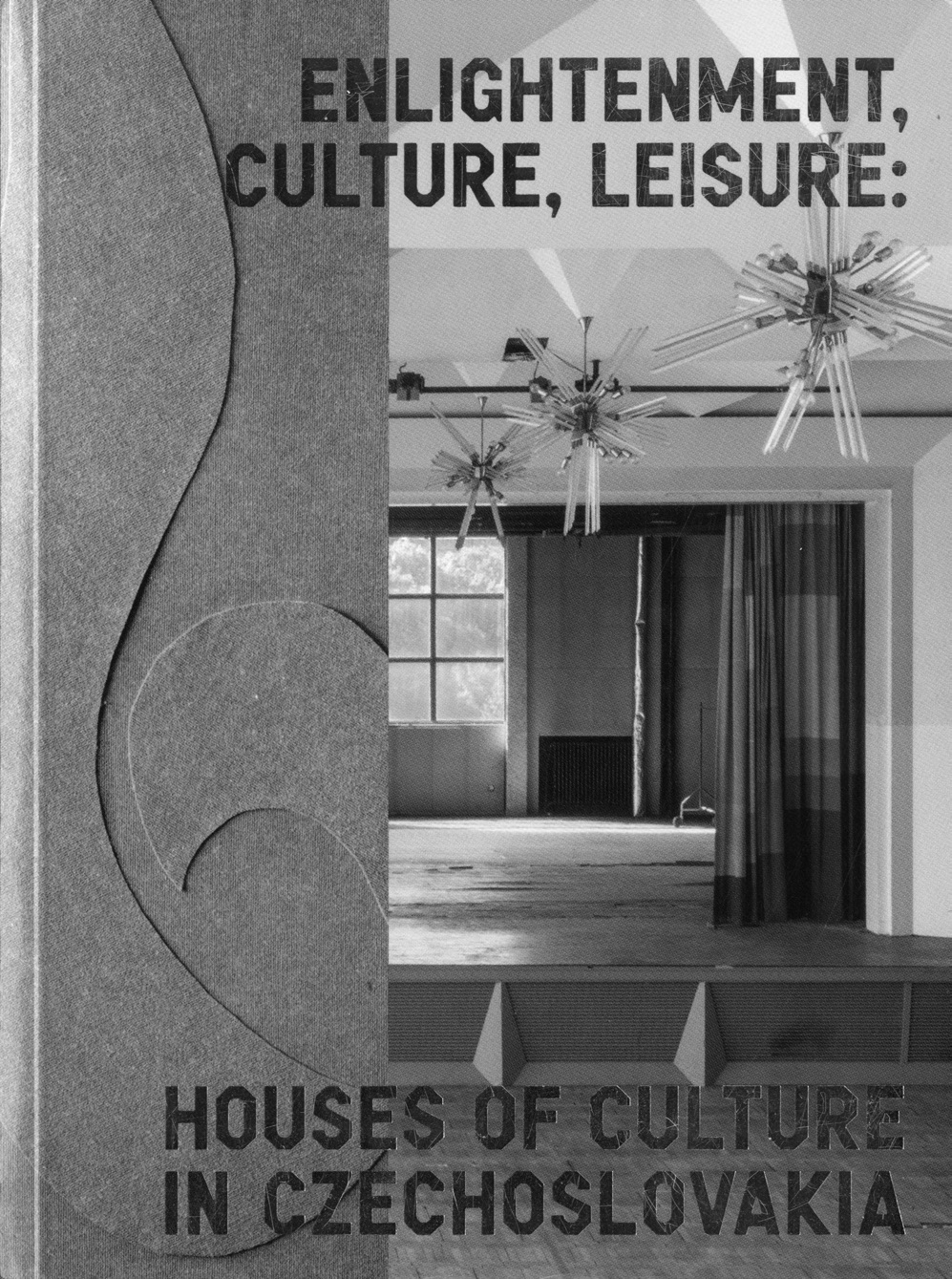The article investigates the representation of Western (West-European and Amer¬ican) urban planning in the professional architectural press in Czechoslovakia during the turbulent period of the early years of the communist regime in 1945 – 1960. Focusing on media discourse, the study discusses the transfer of architectural and urban design concepts within postwar Europe and ques¬tions the assumption of the dominant position of Soviet ideology in urban planning and the degree of isolation of Czechoslovak urbanism. Investigating the concepts of publishing architecture, propaganda, and Soviet perception of internationalization, this analysis studies the osmotic access of Western influences through the semipermeable membrane of the Czechoslovak architectural press. The research traces Western ideas on urban¬ism in official journals: Architekt, Architektura ČSR, Sovětská architektura, Československý architekt and Projekt.
osmosis-or-propaganda-western-urbanism-in-czechoslovak-architectural-press-1945-1960









